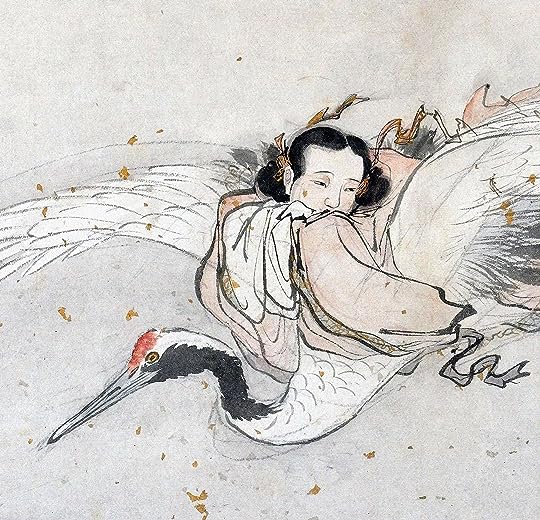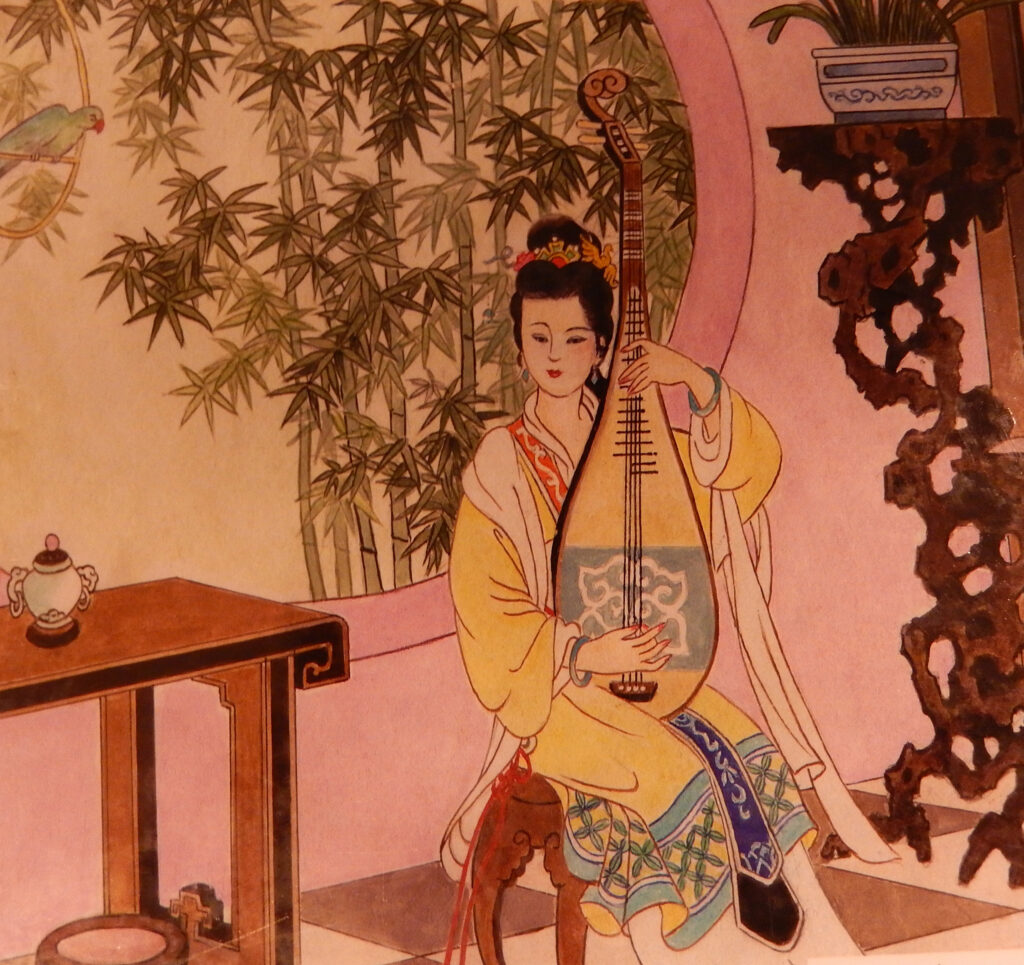About
Author: Nguyen Du (Vietnam)
Genre: Socio-Political
Setting
Place: Eastern China
Time: 1500s
My Rating (see what this means)
My Subjective Rating: 3
My ‘Objective’ Rating: 2.6
Introduction

The Song of Kieu is one of the most famous classic of the Vietnamese literature. Set in Ming China it follows the plot of a forgotten Chinese novel. However, the poem is often read as an allegory to 18th century Vietnam and Nguyen Du’s personal conflicts when dealing with the political upheavals of his time. And it has established itself in the Vietnamese psyche.
It’s an old story: good luck and good looks
don’t always mix.
Tragedy is circular and infinite.
The plain never believe it,
but good – looking people meet with hard times too.
Discussion
Is Tragedy Circular and Infinite?

The beautiful protagonist of the poem – Kieu has had a miserable life. Most happiness she knew was fleeting at best, while the cycles of sorrow seemed endless. Kieu, however, hardly found this surprising for she believed it was prophesised –
Today, the three of us found Đạm Tiên’s grave.
That singer came to see me in my dream.
She told me that my fate is sealed for sorrow,
and bade me write ten songs, which I’ve just done.
Read them. See what meaning they contain.
Now I know my life will have no happy ending.’
Even if the modern reader is to disregard prophecies and dreams, the role fate played in disrupting Kieu’s life is undeniable. Be it the inopportune death of a lover’s uncle or her father’s debt baggage, events outside her control certainly drained away much chance for her happiness.
Her responses to these situations were dictated by the societal norms and expectations. In the 15th century, these could hardly be expected to set aside much concern for women’s happiness. On the contrary – ‘heaven admired her faithfulness’ when she decided to sell herself to settle her father’s debts –
Kiều thinks for a moment. Then she says:
‘My family is poor as ice and pure as snow.
I will love whomever they need me to love.
You speak hot words. They burn me like fire.
But I am my parents’ child. I have no right to speak.’
That is not to say that the fatalist Kieu didn’t make choices for herself – at least after she had suffered enough. However, during these times, her own shortcomings – For example, she loves without thinking – led her too often to further misery –
‘That’s how the world is,’ says the other.
‘The good must suffer; the innocent are punished.
But we are the ones who make the world like that.
Our destiny begins within ourselves. We shape it.
If you don’t want the agonies of passionate love, become a nun:
all other roads lead to torment.
So, it makes me wonder if Kieu could have found happiness in her time – or was she right to believe she was destined for unhappiness – as women must have been in her times.
Fate she could have done nothing about. Societal norms could certainly have been challenged – how realistically is a different question though!. Her choices however, we her own. But they too seem imprudent only in hindsight. Nothing then? Well the only thing anyone can do is to keep trying – and maybe…
Sometimes heaven smiles on those who deserve it.
Picture Credits:
- British Library